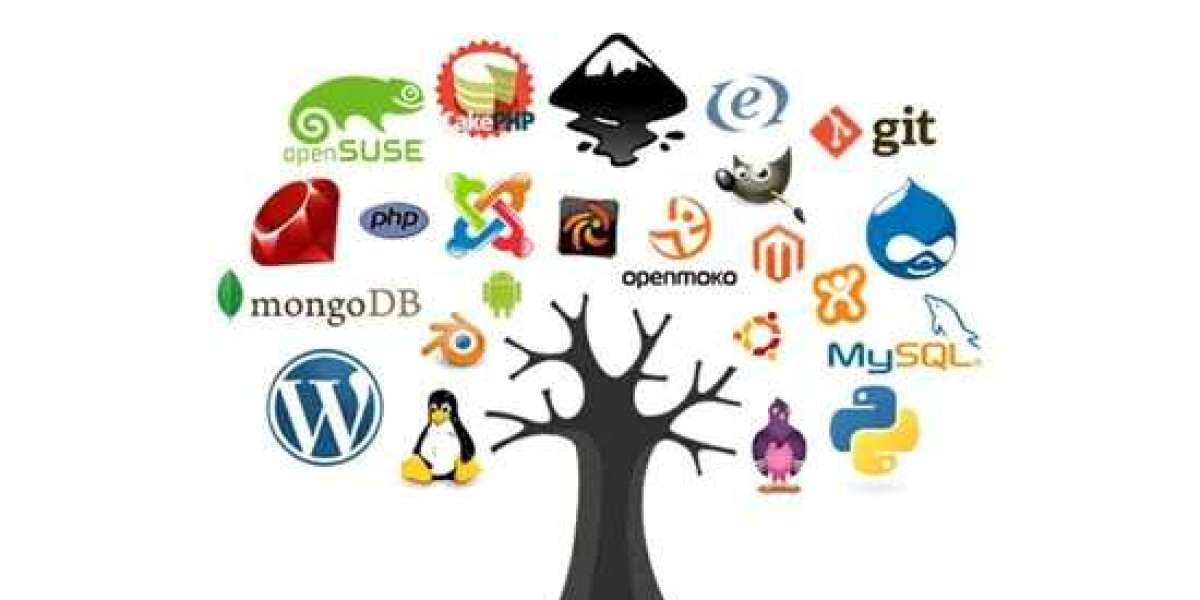In the landscape of modern software development, the paradigm of open source has emerged as a transformative force, reshaping the way software is created, distributed, and utilized. At the heart of this movement lies a simple yet profound ethos: the power of collaboration and shared knowledge. In this article, we delve deep into the realm of open sources, exploring how they have revolutionized development practices and fostered unprecedented levels of innovation and cooperation.
Understanding Open Sources: A Primer
Before we delve into the myriad ways in which open sources have transformed the development landscape, it is essential to grasp the fundamental concept of open source software. At its core, open source refers to software whose source code is freely available for anyone to view, modify, and distribute. This openness enables a collaborative approach to software development, where communities of developers from around the world can contribute their expertise to improve and enhance the software.
The Advantages of Open Source Development
1. Fostering Innovation
Open source development thrives on the collective creativity and ingenuity of its community members. By opening up the source code to a global audience, developers can leverage a diverse range of perspectives and insights to drive innovation forward. This collaborative model often leads to the rapid iteration and evolution of software, resulting in products that are more robust, feature-rich, and adaptable to changing needs.
2. Enhancing Transparency and Security
One of the inherent advantages of open source software is its transparency. Unlike proprietary software, where the inner workings are often hidden from view, open source projects allow for full visibility into the codebase. This transparency not only promotes trust and accountability but also facilitates rigorous security auditing and vulnerability management. With a global community of developers scrutinizing the code, potential vulnerabilities can be identified and addressed more swiftly, enhancing the overall security posture of the software.
3. Driving Cost-Efficiency
From small startups to large enterprises, organizations of all sizes stand to benefit from the cost efficiencies offered by open source software. By leveraging freely available tools and frameworks, businesses can significantly reduce their software development costs without compromising on quality or functionality. Moreover, the absence of licensing fees and vendor lock-in ensures greater flexibility and autonomy in software procurement, empowering organizations to allocate resources more strategically and invest in areas of strategic importance.
The Collaborative Nature of Open Source Communities
Central to the success of open source development is the vibrant ecosystem of communities that form around individual projects. These communities serve as hubs of collaboration, where developers, enthusiasts, and users come together to share knowledge, solve problems, and drive innovation forward. Through mailing lists, forums, and collaborative platforms such as GitHub, individuals from diverse backgrounds and geographies can contribute to projects, exchange ideas, and collectively push the boundaries of what is possible.
Real-World Examples: Open Source Success Stories
1. Linux Operating System
Perhaps the most iconic example of open source success is the Linux operating system. Born out of the vision of Linus Torvalds in the early 1990s, Linux has grown into a global phenomenon, powering everything from smartphones and servers to supercomputers and embedded devices. With thousands of contributors collaborating across continents, Linux exemplifies the power of open source to democratize technology and foster innovation at scale.
2. Apache HTTP Server
Another notable example is the Apache HTTP Server, the world's most widely used web server software. Developed and maintained by an open source community of volunteers, Apache has played a pivotal role in shaping the modern internet landscape. Its robustness, flexibility, and extensibility have made it the go-to choice for millions of websites worldwide, underscoring the enduring impact of open source on the digital infrastructure.
Conclusion:
In conclusion, the rise of open source software has ushered in a new era of collaboration, innovation, and empowerment in the field of software development. By embracing the principles of openness, transparency, and community-driven innovation, organizations can unlock new possibilities, drive efficiencies, and stay ahead in an ever-evolving digital landscape. As we look to the future, the potential of open source to revolutionize development practices and foster positive change remains limitless.












